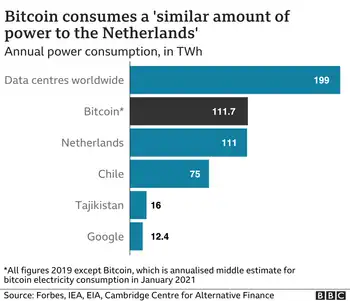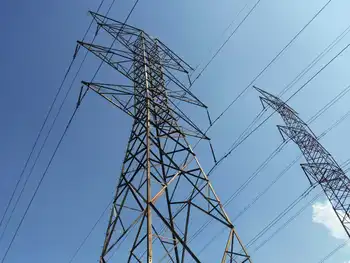Confessions of a CFL detractor
By Paula Baker-Laporte, Santa Fe New Mexican
NFPA 70e Training - Arc Flash
Our customized live online or in‑person group training can be delivered to your staff at your location.

- Live Online
- 6 hours Instructor-led
- Group Training Available
More than any other consumer item, the CFL has come to represent the green movement. The arguments in their favor are compelling. They use 1/3 to 1/5 the electricity of incandescent bulbs. Because they last from 6,000 to 15,000 hours, compared to the incandescent bulb's 750 to 1,000 hours, the initial higher price is a good, long-term investment that can save as much as $30/bulb over its life.
It has been estimated that if the 110 million American households each replaced only one incandescent bulb with a CFL, the energy saved would be equivalent to closing two coal-burning power plants and a reduction of greenhouse gases equivalent to removing 1.5 million cars off the road.
Changing out every bulb would certainly be a no-brainer, a patriotic duty for every world citizen that I would fully embrace if I could also swallow the following beliefs:
1. "Its OK to sell millions of CFLs and ban incandescents before we figure out how to safely dispose of the CFL." Although each bulb contains enough of the neurotoxin mercury to be considered hazardous waste, it is estimated that only 3 percent of them are currently properly disposed of. The rest end up in landfills or are incinerated and the mercury is released into the air and land.
2. "The factory workers in China, who manufacture these bulbs and suffer alarming rates of mercury poisoning, are of no consequence."
3. "Science has not yet proven that CFLs cause harm, so the people who are getting ill from them must be wrong." In fact, CFLs emit 200 times as much UV radiation as incandescent bulbs and people who suffer from Lupus can't spend time under fluorescent lighting without risking painful skin flareups. Each CFL also emits a pulsed radio frequency or "dirty energy" signal that can extend out 10 feet. According to the findings of Dr. Magda Havas, an expert in the field of electromagnetic radiation, many people have reported migraine headaches, flu-like body aches, fatigue, and difficulty sleeping when exposed to the radio frequencies emitted by CFLs.
The good news is that there is a very promising alternative to the energy-guzzling incandescent and the CFL. The LED (light emitting diode) is a nontoxic solution that uses 1/8 the electricity of an incandescent bulb, roughly half the electricity of a CFL, and has a lifetime of 35,000 to 50,000 hours! Unfortunately, the bulbs can cost as much as $80 and even though the lifetime replacement costs are virtually nonexistent, it is currently beyond the reach of most Americans. Significant breakthroughs have been made, however, and affordability is optimistically in the near future.
Perhaps in the face of the enormity and urgency of a human-caused environmental meltdown, changing a light bulb is one feel-good thing within the grasp of us all. But before we become completely invested in millions of CFLs, as the green-marketing machine would have us do, I believe that a better approach might be to aggressively conserve in other ways while supporting the development of the more holistically environmental LED.
It is far easier to change a light bulb than to change our behavior, but wouldn't it be interesting to know what the cumulative effect of 110 million families consciously shutting off all unnecessary lights might be?











